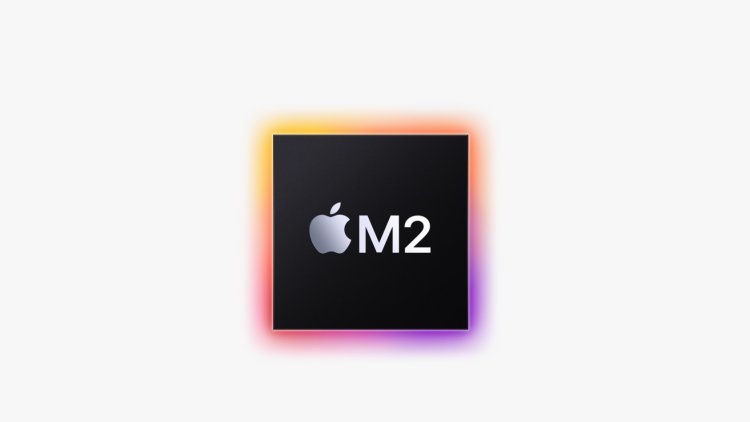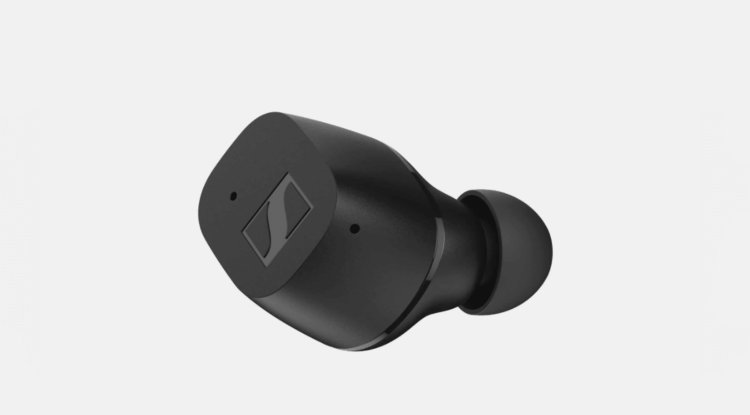The Apple M2 is now official
One of the newest reports is that Apple may unveil the second generation of Apple silicon, the anticipated Apple M2, during WWDC 2022, and that it will do so with a MacBook Air. The report, which we can now confirm, was right, but it was missing one detail: a MacBook Pro would be added, making the two lines of Apple laptops the first computers in the company to use the next generation of Cupertino SoCs.

Apple M2
First and foremost, and in this case, the first is Apple Silicon's first evolutionary leap, the second generation of its integrated, following outstanding evaluations for the M1 and its higher performance variations. Is the Apple M2 a significant qualitative improvement over the M1? This question's answer reminds me of Joni Mitchell's Both Sides Now. Now, perhaps yes, perhaps no, albeit yes appears to predominate. Let's look at the numbers.
The first statistic we look at to evaluate the performance of a chip like the Apple M2 is the number of cores it integrates, and we notice that it remains at eight cores for the CPU and up to ten cores for the GPU, with 5 nm photolithography. This might initially lead us to believe that there has been no evolution since the previous generation, however, this is not the case. According to the manufacturer, major improvements in design have allowed the number of transistors in the Apple M2 to be increased to no less than 20,000 million, up from 16,000 million in the M1.
Another significant enhancement of the Apple M2 over its predecessor is in memory. Remember that Apple Silicon uses unified memory (that is, the CPU and GPU share the same memory pool). The greatest amount that M1 could manage was 16 gigabytes, which has been boosted by 50% in this iteration to 24 gigabytes of LPDDR5 RAM, and which will also enjoy a bandwidth of 100 GB/s, another 50% improvement over its predecessor.
This boost in CPU and RAM will undoubtedly be visible in memory-intensive operations such as big data analysis processes and artificial reality procedures. And, speaking of artificial intelligence, we see another of the Apple M2's breakthroughs in this department, with its 16 Neural Engine cores dedicated to AI capable of doing up to 15.8 billion operations per second, a 40% gain over the Apple M1.
With all of these enhancements, Apple claims an 18% gain in CPU performance, which increases to 25% when we talk about its GPU, with the same consumption as the M1. But that's not all; it's claimed that motorized equipment equipped with an Apple M2 will be able to achieve up to 35% more performance than the original generation of Apple Silicon offered. Without a doubt, we are discussing a significant qualitative leap.




























